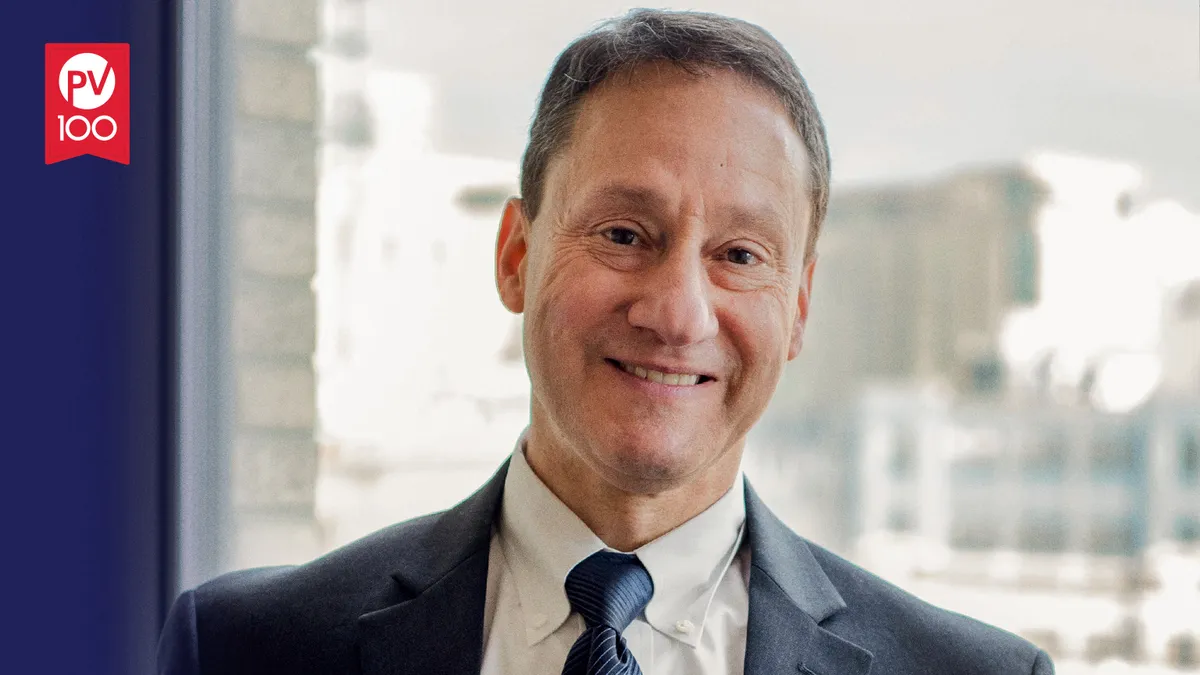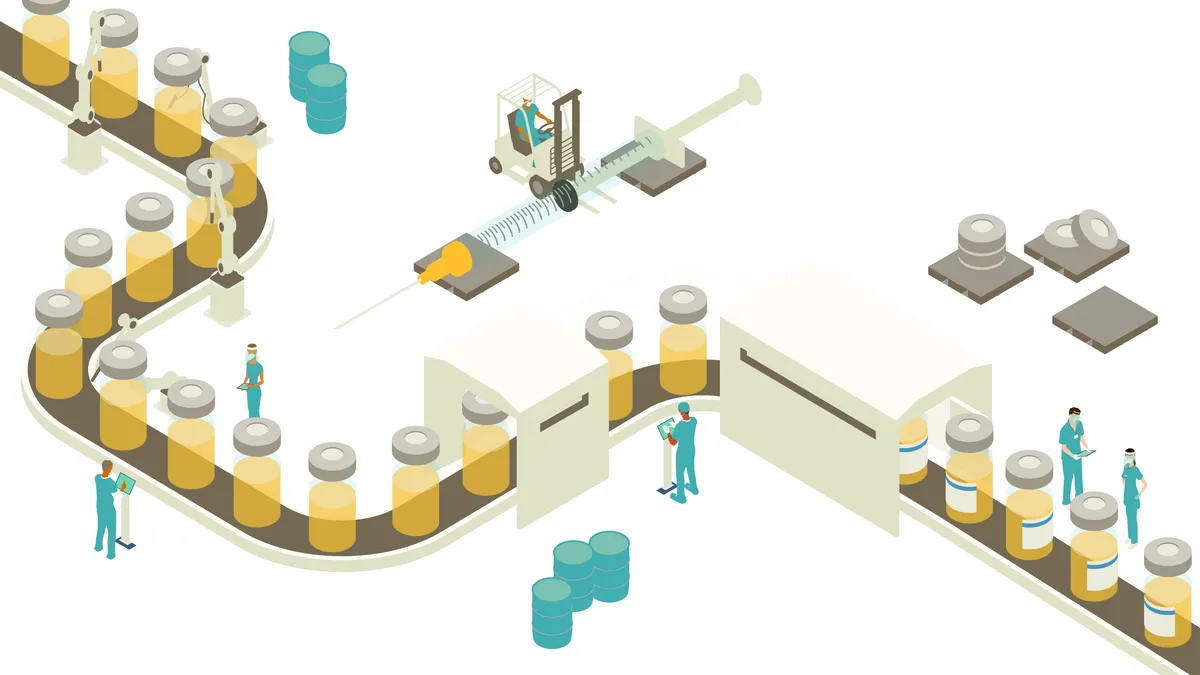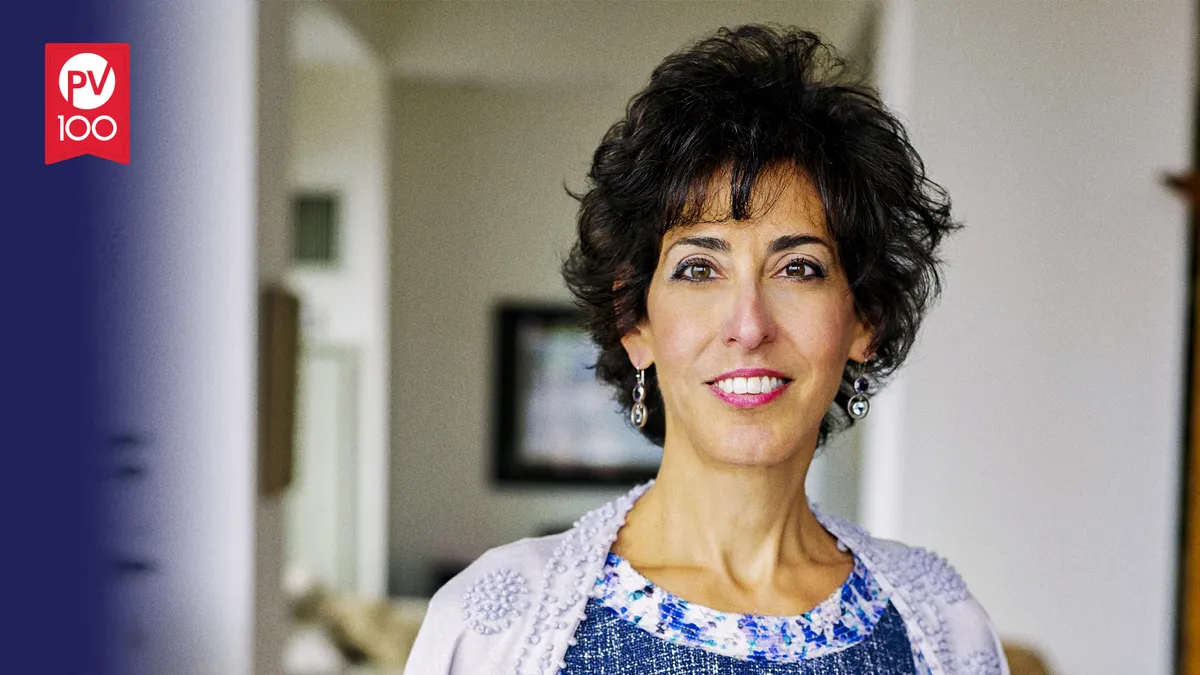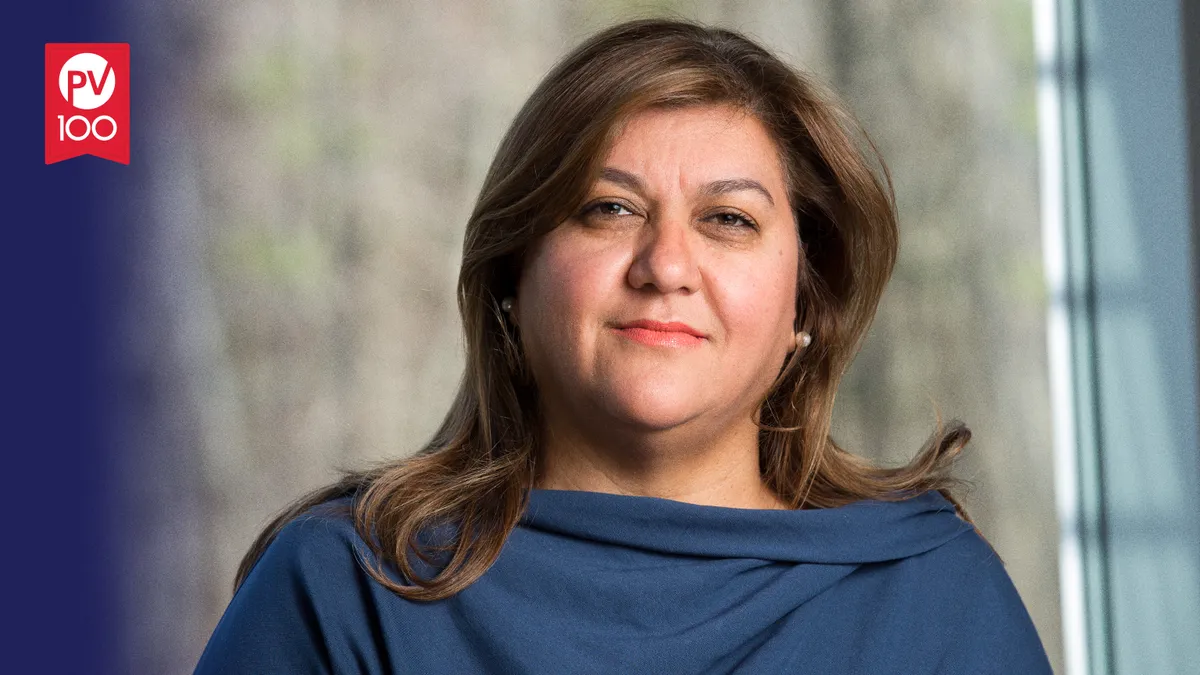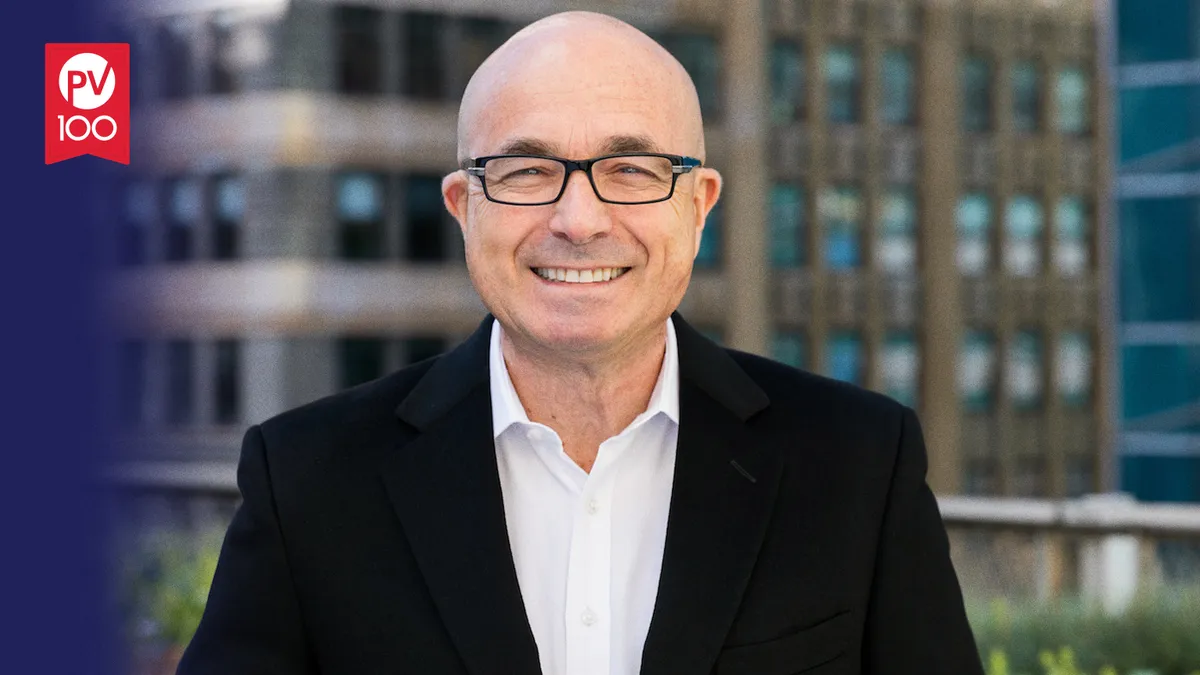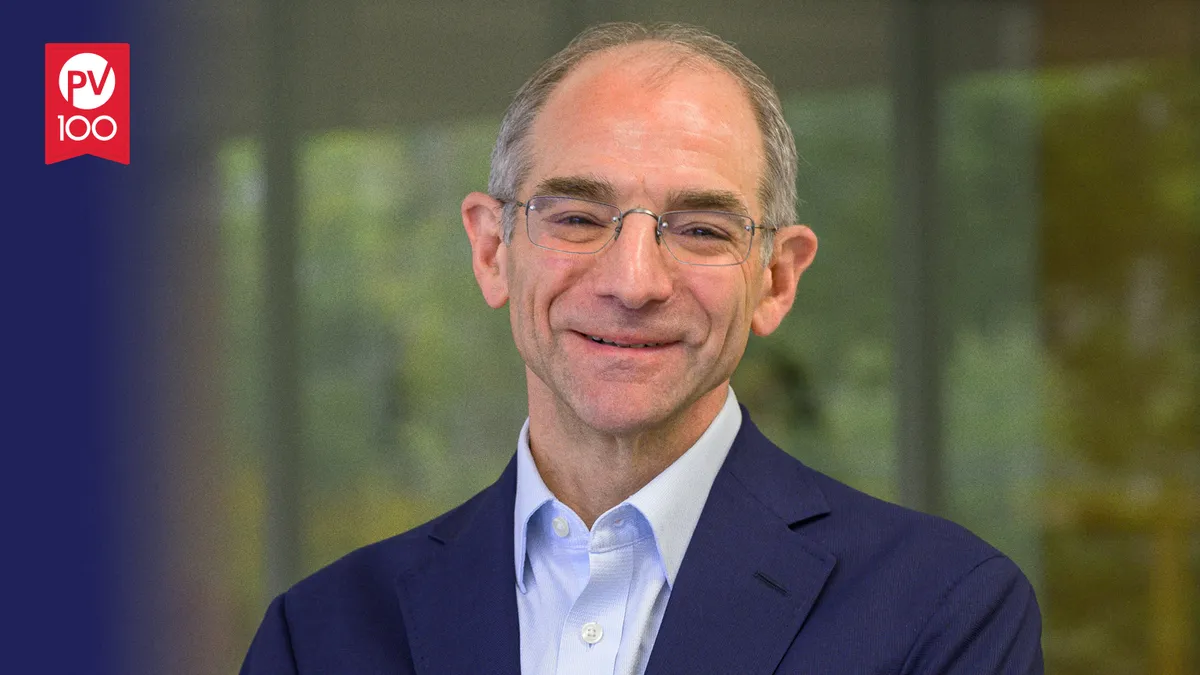Editor’s note: This story is part of our 2023 Red Jacket awards feature.
In April 2002, Time Magazine released a now-famous cover featuring a resentful patient wearing a hospital gown sitting in an animal crate. The headline? “How medical testing has turned millions of us into … human guinea pigs.”
Ken Getz, professor and executive director at the Tufts Center for the Study of Drug Development at Tufts University School of Medicine, remembers wondering at the time whether anyone from the industry would defend the importance of clinical research. But he also thought about the “guinea pig” herself.
“What struck me more than anything was that no one came to the defense of the woman in the animal crate, the depiction of a study volunteer,” said Getz, who found the depiction almost “insulting” in its lack of appreciation for clinical trial volunteers.
“At the time I thought we needed some way to [have] a more methodical and a more effective approach to educating the public and patient communities to recognize the gifts of participation,” he said.
The following year, Getz founded the Center for Information and Study on Clinical Research Participation (CISCRP), which educates patients and their families about clinical research and what it means to be a participant, working directly in the community on outreach campaigns. In addition, CISCRP’s free clinical trials search tool helps connect patients with trials. CISCRP also works with the industry to provide plain-language communication services, research services and content licensing.
Getz, a multi-time PharmaVoice 100 honoree and now Red Jacket winner, has decades of research experience and expertise in R&D and clinical trial management, and has been championing patient engagement in clinical research since before “patient engagement” was even a recognized term.
“Many of the organizations that we approached looked at us with such confusion, [wondering], ‘Why do we need this?’ And then the patient engagement movement kicked into gear about 15 years ago, and we were in the right place at the right time,” he said. “We see a much higher number of organizations looking for CISCRP’s support and assistance.”
Now, 20 years later, Getz is a recognized leader in the field of clinical research, and not just from the patient perspective. In his current role, Getz and his team aim to optimize drug research and development.
“It’s the perfect place for someone like me,” he said. “It’s a nearly 50-year-old academic group dedicated to conducting scholarly empirical research to gather hard evidence and educate the drug development community on ways it can optimize its performance, its efficiency, its quality and its economics.”
"There’s been growing recognition in the importance of balancing great science with great execution."

Ken Getz
Professor, executive director, Tufts Center for the Study of Drug Development
The organization shares those findings with major regulatory agencies, government policymakers, foundations, trade associations and industry players, including research about protocol design, patient recruitment and retention, drug development costs and clinical trial success and failure rates.
“I like to think our research has informed teams within pharma,biotech, CROs and other organizations that serve the clinical research industry,” he said.
PharmVoice spoke with Getz about his work, clinical research trends that he’s following and ongoing opportunities for improvement.
This interview has been edited for brevity and style.
PHARMAVOICE: Can you talk about trends in clinical trial design and how things have changed over the years?
KEN GETZ: There's been growing recognition in the importance of balancing great science with great execution. Years ago, when I first started in the industry, it was all about great science and throwing money at the operating support without an awareness of the high cost and the high level of inefficiency. So I would say the industry continues to innovate in ways to balance the great plan with operational activities that are better managed and that have more support from a variety of newer technologies like electronic data capture.
For all of the improvements we've made, we've also identified even more ways we can make it more effective and efficient. And part of that is the result of the growing complexity of the work that we're doing. It’s complexity that’s moving and changing at a faster rate than our ability to adapt and modify our scientific and operating approaches to drive better performance, better speed, better recruitment and retention. These are all elusive goals because of the challenges that are presented by the high level of customization and fragmentation in our research today.
What still needs work in clinical research and how do you see this being addressed?
In virtually every aspect of clinical research, there are major opportunities to improve and drive efficiency. The two most critical drivers of our current operating conditions would be the level of customization in our clinical trials, And that translates directly to the protocol itself where we’re targeting ever more narrowly defined patient populations; studying very, very complex scientific questions; gathering a tremendous amount of data, so much more data than ever before; [and] we're engaging more intermediaries to support our protocols, including contract research providers [and] investigative sites distributed across a large number of countries and now technology providers, many that are offering virtual and remote solutions. So the challenge in every domain is how to optimize performance and quality under such a remarkably customized and fragmented operating environment. Every trial is unique to itself at this point, and it's harder to systematically apply a standard approach, given the level of customization that we see.
What changes are you excited about now?
I get excited about the opportunity to update research we conducted in the past. I get excited about the emergence of new sectors that are supporting clinical research. When the DTC vendors started entering the space, that really excited me. When retail pharmacies announced their interest in supporting clinical research activity, that excited me. It’s an environment that is just constantly changing with so many moving parts.
I've been really excited about regulatory agencies, the FDA in particular, and its growing interest in being a more proactive and accommodating partner in supporting drug development.
And of course, I'm so passionate about engaging patients and communities as partners in the research process. The whole diversity, equity and inclusion movement has really excited me and my team as such an important and critical area that has been overlooked, and we need to continue to support it with ever more effective approaches.
See our full list of 2023 PharmaVoice 100 winners.


